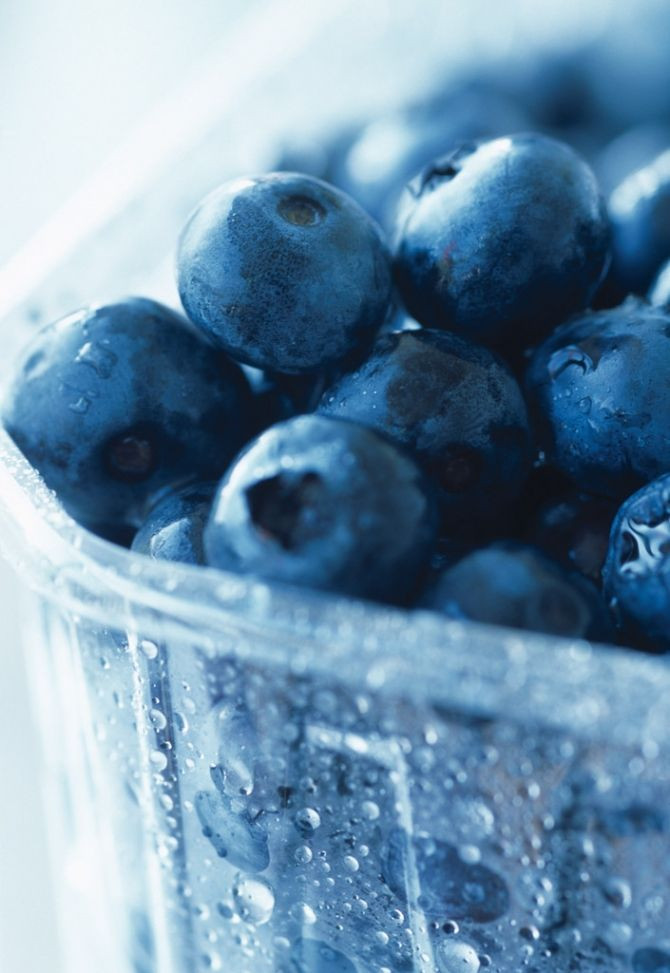Blueberries Help Improve Muscle Recovery in Athletes

A handful of blueberries may be what you need to recover from a hard workout. Blueberries may help improve rate of recovery and could be added as part of the diet regimen of athletes and exercisers.
Blueberries are proving to be quite the miniature powerhouses and are rich in antioxidants. Blueberries are also great sources of Vitamin C and carbohydrates. A new study is also shedding light on how blueberries may help improve recovery rates in athletes.
The study was led by Steve Stannard, PhD, from the Massey School of Sport and Exercise, conducted an exercise experiment on 10 female athletes. Using a Biodex machine, researchers caused 300 muscle contractions in the quadriceps to create exercise-induced muscle damage (EIMD) on one leg.
The 10 athletes were given blueberry smoothies five and 10 hours prior to using the Biodex, immediately after using the Biodex as well as 12 and 36 hours after EIMD. Blood was taken to measure oxidative stress, antioxidant levels and inflammation at 12, 36 and 60 hours after exercise.
The test was repeated, after several weeks had passed, on the other leg and the female athletes were given a non-blueberry shake in the same time intervals as when they received the blueberry shakes in the first part of the study. The shakes had similar antioxidant levels and blood was collected again for comparison.
While both groups had similar decreases in the peak torque across the knee after 12 hours, during the 60-hour recovery time, peak muscle contraction had a greater decrease in the blueberry smoothie group compared to the non-blueberry smoothie group.
In addition to the improved rate of recovery for muscle contractions 60 hours after exercise, a similar response was found in contracting and extracting strength of the quadriceps.
Faster rate of decrease for oxidative stress were not significant in the blueberry smoothie group until 36 hours after exercise which was when antioxidant blood levels also increased.
The researchers are unsure about how blueberries may help improve the rate of recovery but do not believe the blueberry's antioxidant levels are responsible for the improvement. Anthocyanins, the pigments that make a blueberry look blue, may be interacting with the body's own antioxidant production, leading to improved rate of recovery.
Future studies, including larger sample sizes, are needed to understand how blueberries may play a role in improving recovery rates in athletes as well as exercise enthusiasts. Blueberries are continuing to be valuable fruits, with studies associating blueberry consumption with improved mental health and inhibiting fat cell development.
The study was published in the Journal of the International Society of Sports Nutrition.



























